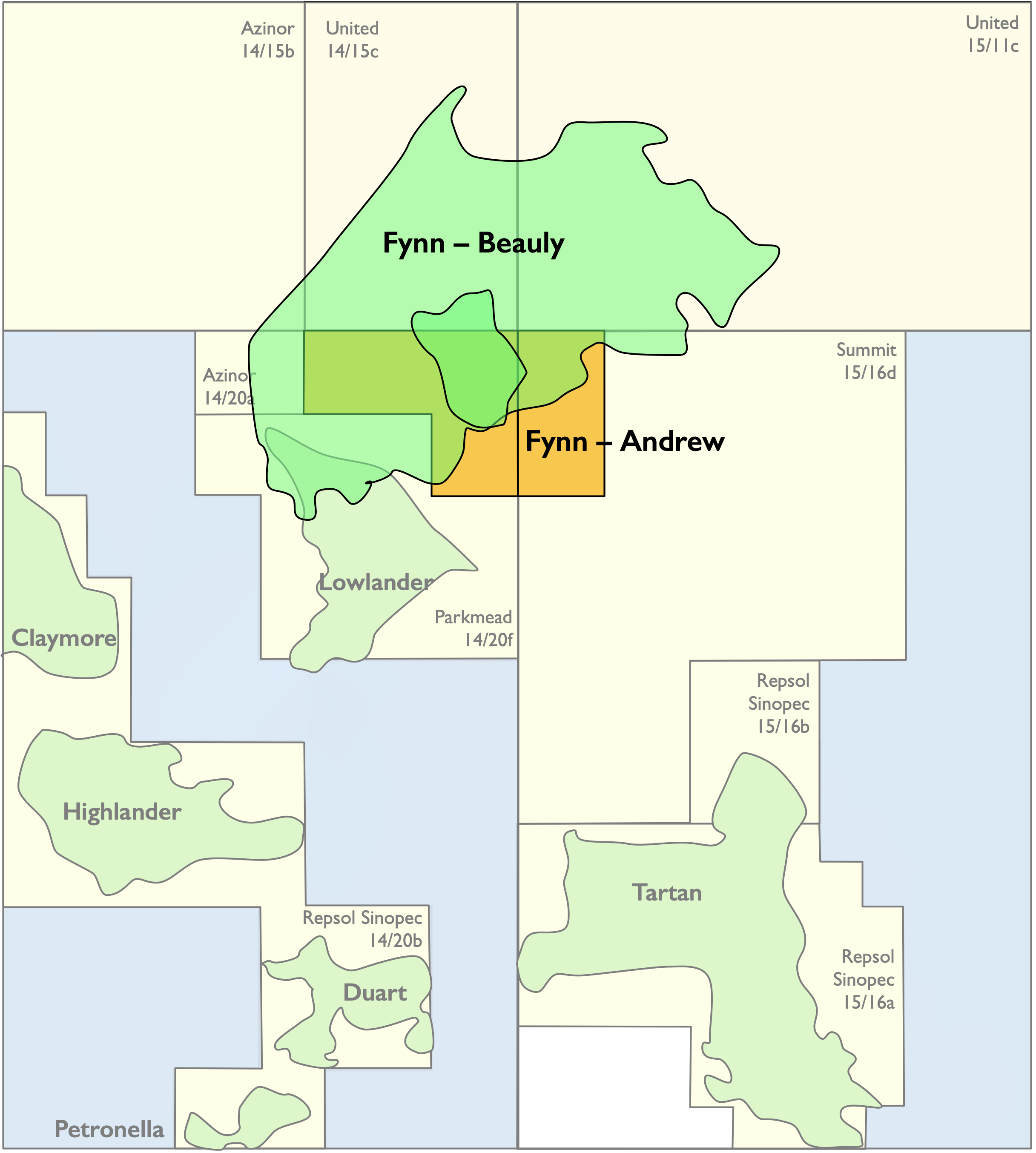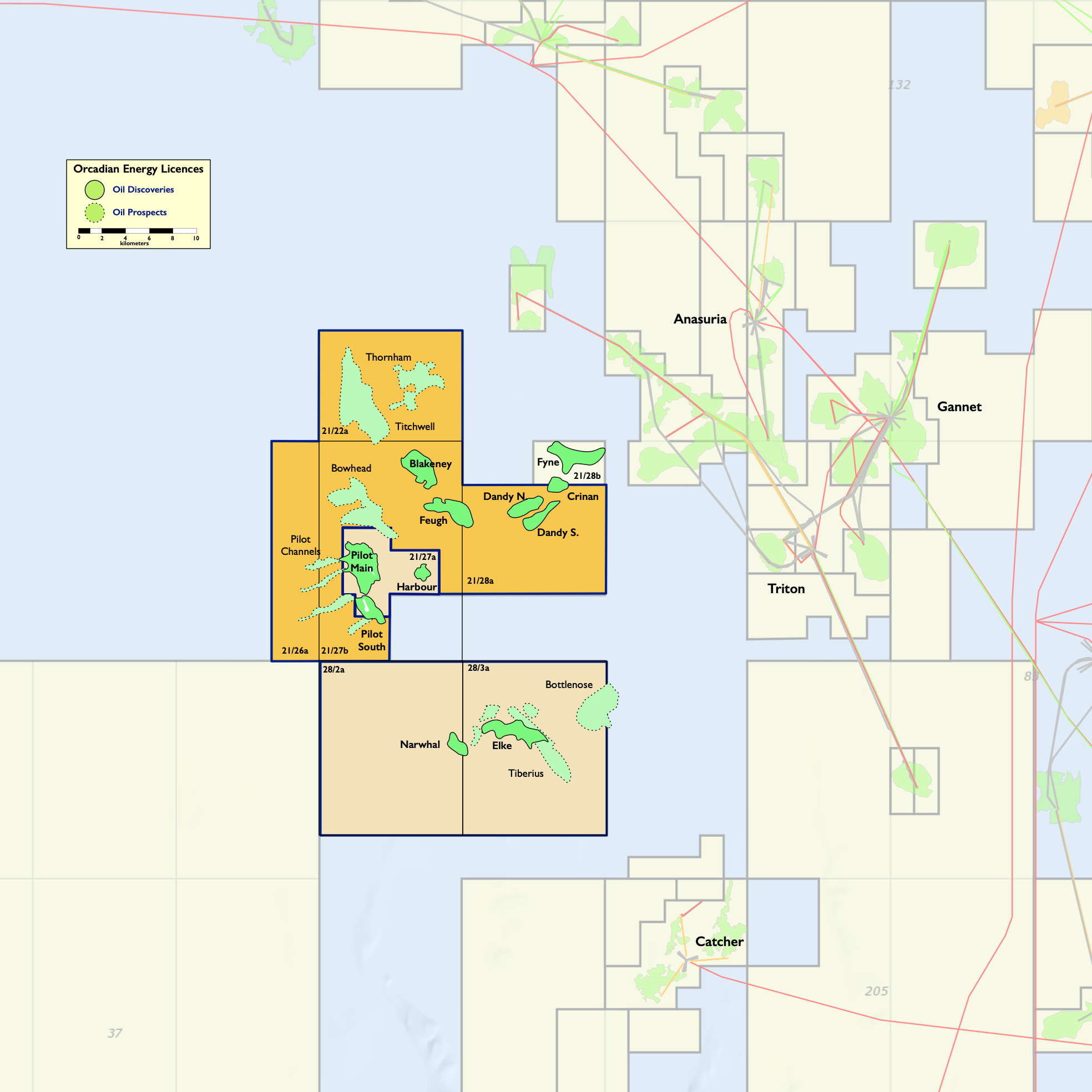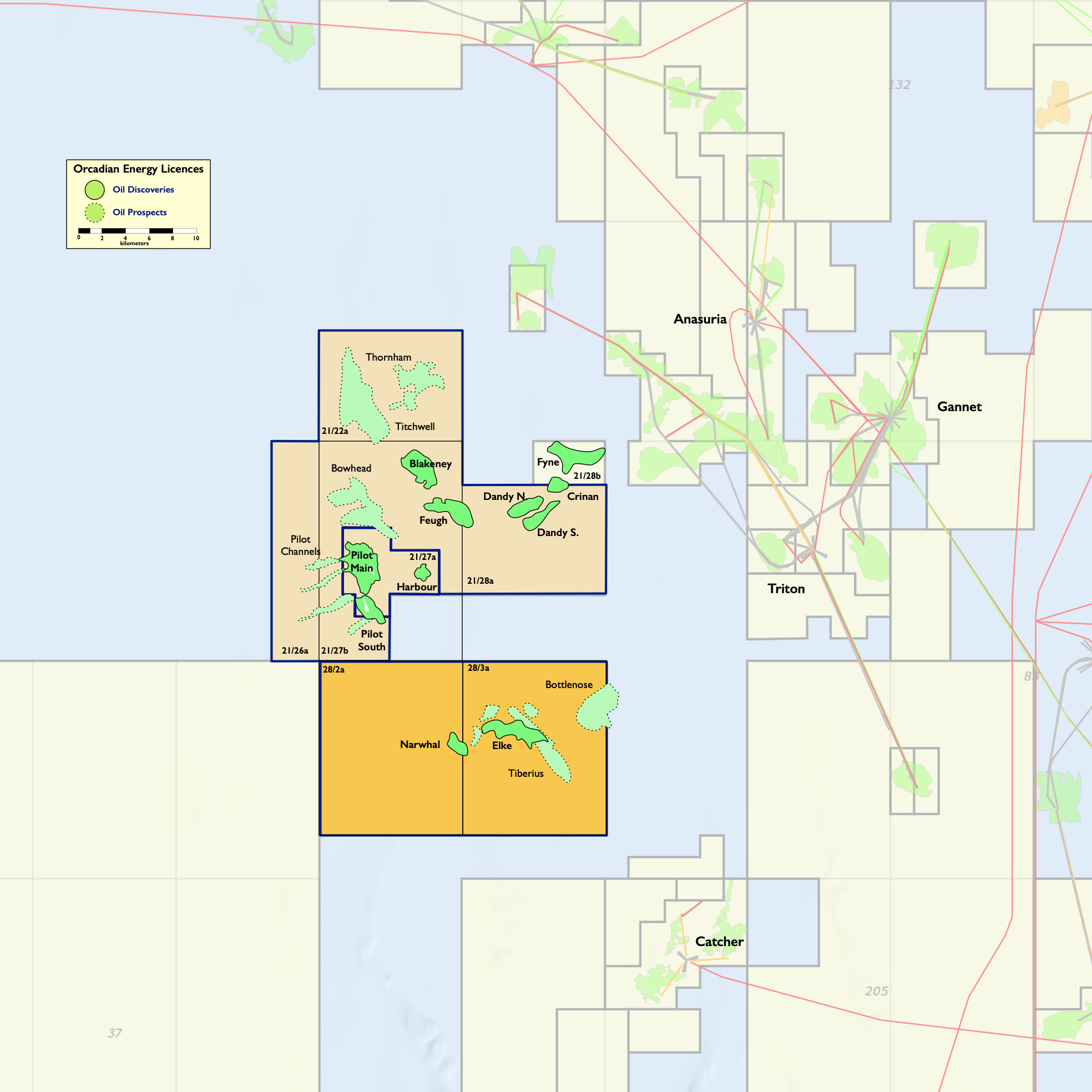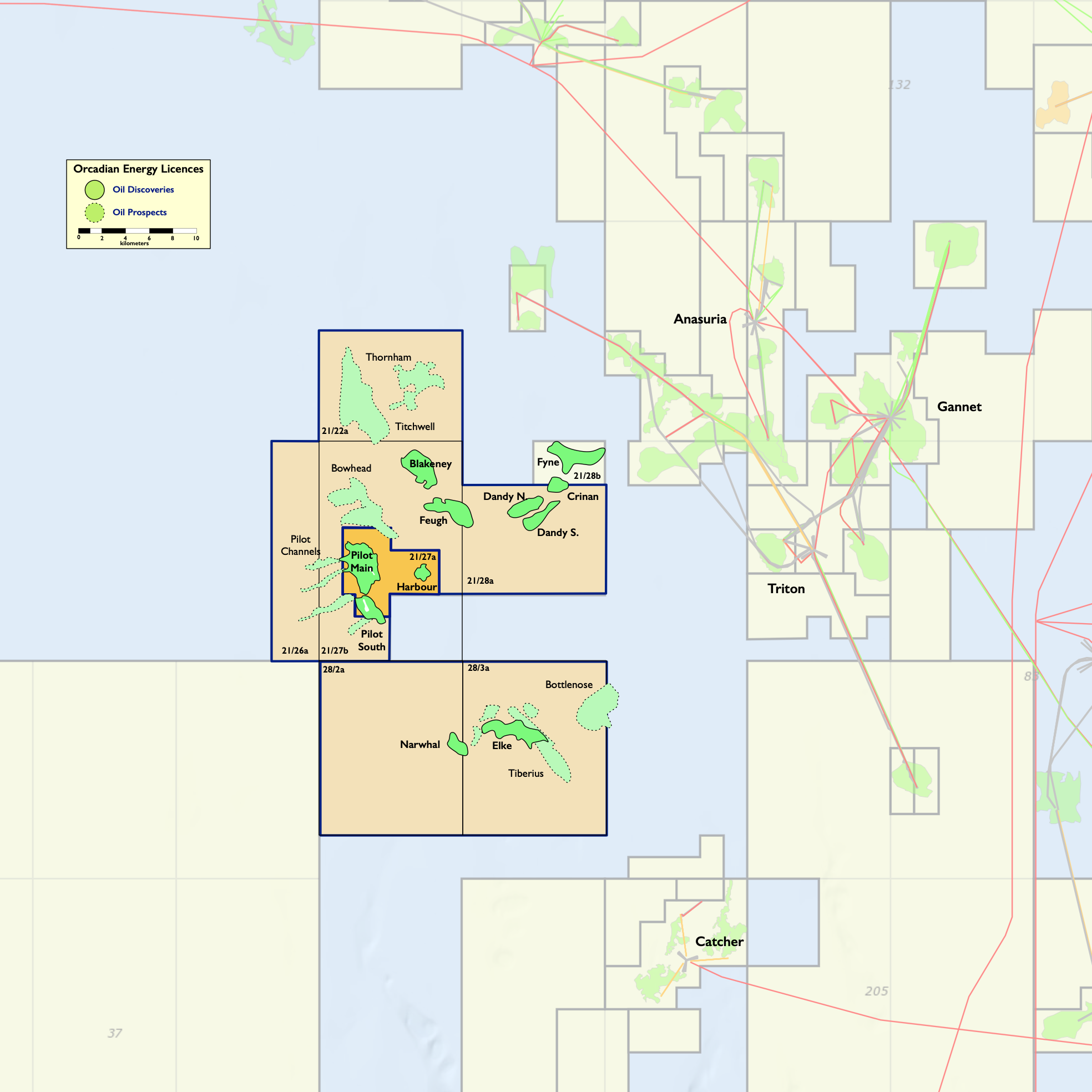23 October 2023
Orcadian Energy plc
(“Orcadian Energy”, “Orcadian” or the “Company”)
Lock-in agreement
Orcadian is pleased to announce that a six-month lock-in agreement has been signed in respect of 7,049,695 ordinary shares held in the Company by former director of the Company, Greg Harding and his wife, Nora Harding (representing 9.35% of the issued share capital of the Company) (the “Harding Holding”).
The agreement provides that Greg and Nora Harding will not dispose of the Harding Holding for the six month period from 23 October 2023, save in certain limited circumstances.
This lock-in was required by a third party who have agreed to acquire the balance of 456,546 Ordinary Shares (“Initial Holding”) held by Greg and Nora Harding, pursuant to the terms of an off-market transaction between them. The agreement also provides that if the Orcadian share price exceeds certain price parameters during the lock-in period, the third party will pay a further amount per Ordinary Share for the Initial Holding.
Steve Brown, Orcadian’s CEO, said:
“We are pleased that this agreement has been signed. We believe it demonstrates the belief shown in the work we are doing to progress the Pilot project, and the potentially significant value of our licences. We are working hard to promote the Company and have recently welcomed new investors to the Company.
“We look forward to providing updates on the proposed farm-in to the Pilot Project and to the outcome of our applications in the 33rd Offshore Licensing Round.“
For further information on the Company please visit the Company’s website: https://orcadian.energy
Non-Regulatory Announcement
Contact:
|
Orcadian Energy plc |
+ 44 20 7920 3150 |
|
Steve Brown, CEO Alan Hume, CFO |
|
| Tavistock (PR) | + 44 20 7920 3150 |
| Nick Elwes / Simon Hudson | [email protected] |
About Orcadian Energy
Orcadian is a North Sea focused, low emissions, oil and gas development company. In planning its Pilot development, Orcadian has selected wind power to transform oil production into a cleaner and greener process. The Pilot project is moving towards approval and will be amongst the lowest carbon emitting oil production facilities in the world, despite being a viscous crude. Orcadian may be a small operator, but it is also nimble, and the Directors believe it has grasped opportunities that have eluded some of the much bigger companies. As we strike a balance between Net Zero and a sustainable energy supply, Orcadian intends to play its part to minimise the cost of Net Zero and to deliver reliable energy to the UK.
Orcadian Energy (CNS) Ltd, Orcadian’s operating subsidiary, was founded in 2014 and is the sole licensee of P2244, which contains 78.0 MMbbl of 2P Reserves in the Pilot discovery, and of P2482, which contain a further 52.2 MMbbl of 2C Contingent Resources in the Elke and Narwhal discoveries (as audited by Sproule, with both numbers modified to take into account the TGS royalty, see the CPR in the Company’s Admission Document for more details). Within these licences there are also 118 MMbbl of unrisked Prospective Resources (modified for TGS royalty). These licences are in blocks 21/27a, 28/2a and 28/3a, and lie 150 kms due East of Aberdeen.
Pilot, which is the field with the largest reserves in Orcadian’s portfolio, was discovered by PetroFina in 1989 and has been well appraised. In total five wells and two sidetracks were drilled on Pilot, including a relatively short horizontal well which produced over 1,800 bbls/day on test. Orcadian’s proposed low emissions, field development plan for Pilot is based upon a Floating Production Storage and Offloading vessel (FPSO), with over thirty wells to be drilled by a Jack-up rig and provision of power from a floating wind turbine.
Orcadian has entered into a non-binding heads of terms with a North Sea Operator which details the terms under which the Operator could farm-in to the Pilot development project. If the proposed deal was to progress in accordance with its outline terms, Orcadian would have an 18.75% stake in the Pilot development with all pre-first oil development costs paid by the North Sea Operator.
Emissions per barrel produced are expected to be about a tenth of the 2021 North Sea average, and less than half of the lowest emitting oil facility currently operating on the UKCS. On a global basis this places the Pilot field emissions at the low end of the lowest 5% of global oil production.




